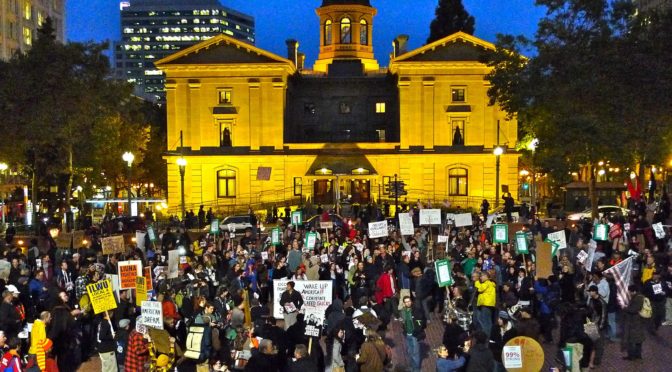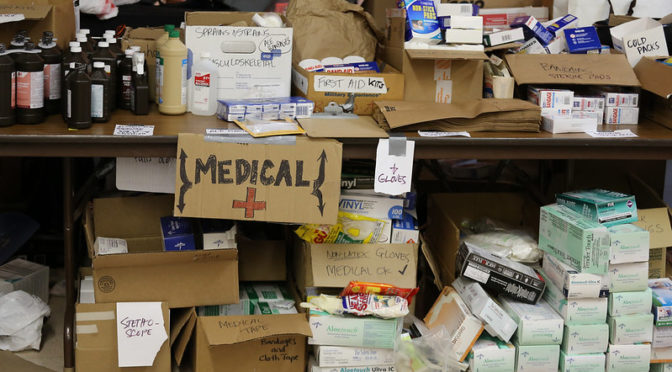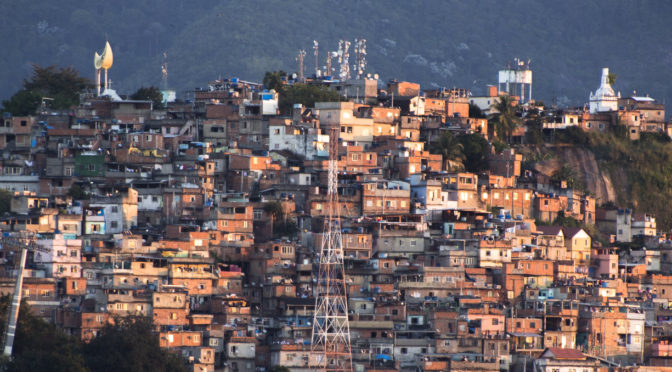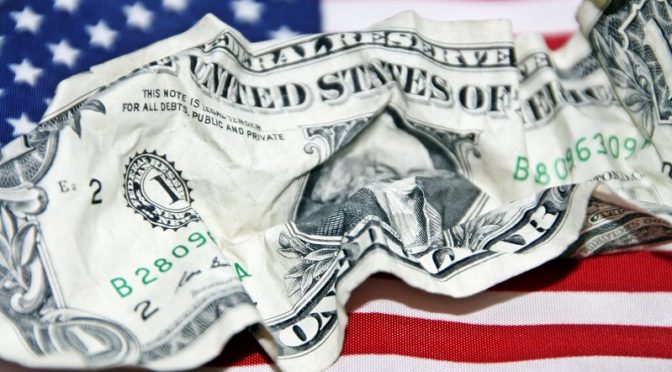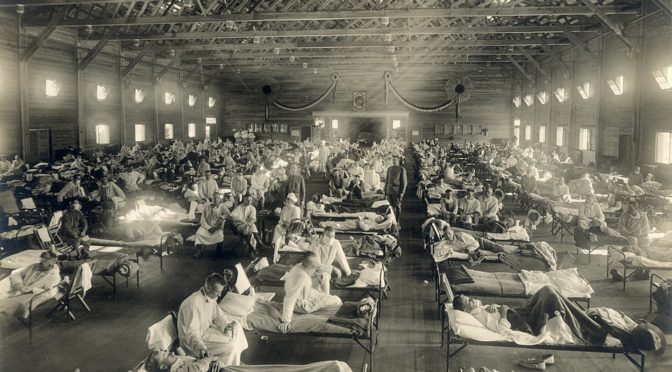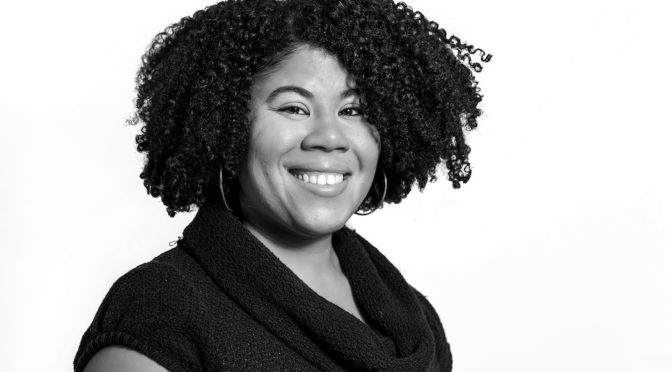What’s the future of labor in post-pandemic America? As once-ignored workers are increasingly hailed as frontline heroes, how can the attention translate into a stronger labor movement?
SLU’s Ruth Milkman shared thoughts in an article in The American Prospect, part of the publication’s symposium on “The Future of Labor”:
During the 40 years that I’ve been writing about labor issues, obituaries for the American union movement have been a perennial, punctuated by occasional moments of optimism, like the one inspired by the massive teachers strikes two years ago. Ten years earlier, in the wake of the 2008 financial meltdown and Barack Obama’s election victory, many observers (myself included) made fools of ourselves with rosy predictions of imminent union resurgence. Instead, organized labor’s main political goal, the Employee Free Choice Act, went down to ignominious defeat in 2009, and union density soon resumed its relentless downward spiral.
While labor’s high hopes soured into bitter disappointment, a new generation of young activists launched Occupy Wall Street in 2011, firmly planting the issue of growing inequality on the nation’s political agenda. Occupy itself proved short-lived, but it did help to ignite the SEIU-sponsored Fight for $15, a campaign that boosted the pay of low-wage workers more than any effort in recent memory. Millennial-generation Occupy veterans also began to enter the labor movement, infusing it with new ideas and energy. Yet unions remained on the sidelines, battening down the hatches as their membership numbers continued to hemorrhage.
Entering the labor market during the 2008 crash and the ensuing Great Recession, many millennials were radicalized. But the present economic downturn is already far more severe, recalling the 1930s in the massive scale of the unemployment and business closings (and there are more to come). The crisis is compared daily to the Great Depression; the metaphor of war is equally commonplace.
Could it pave the way to a new union upsurge like the one that emerged in the New Deal era? Or will we instead see a reprise of the post-2008 “back to normalcy” Obama-Biden regime, if Trump is defeated in November?
For Milkman, such an upsurge will depend on organizing from the usual precincts — but not just there. It will rely as well on leadership from “the new generation of radical activists that emerged in the wake of the Great Recession.” Organizers who emerged out of Occupy, Black Lives Matter and beyond:
Their growing presence in the labor movement has attracted less attention, but they have begun to make their mark there, too, as key leaders in the 2018 teachers strikes as well as in recent unionization drives among journalists and adjunct faculty. They are also prominent in alt-labor groups and in the (non-union) organizing efforts of tech workers. While many older unionists are in the grips of a siege mentality fostered by decades of anti-union attacks, the new generation of activists brings a more optimistic outlook. That they are “digital natives” with legendary skills in organizing through social media only adds to their potential to become the leaders of any future labor upsurge, especially in the face of a pandemic that rules out more conventional forms of mobilization.

